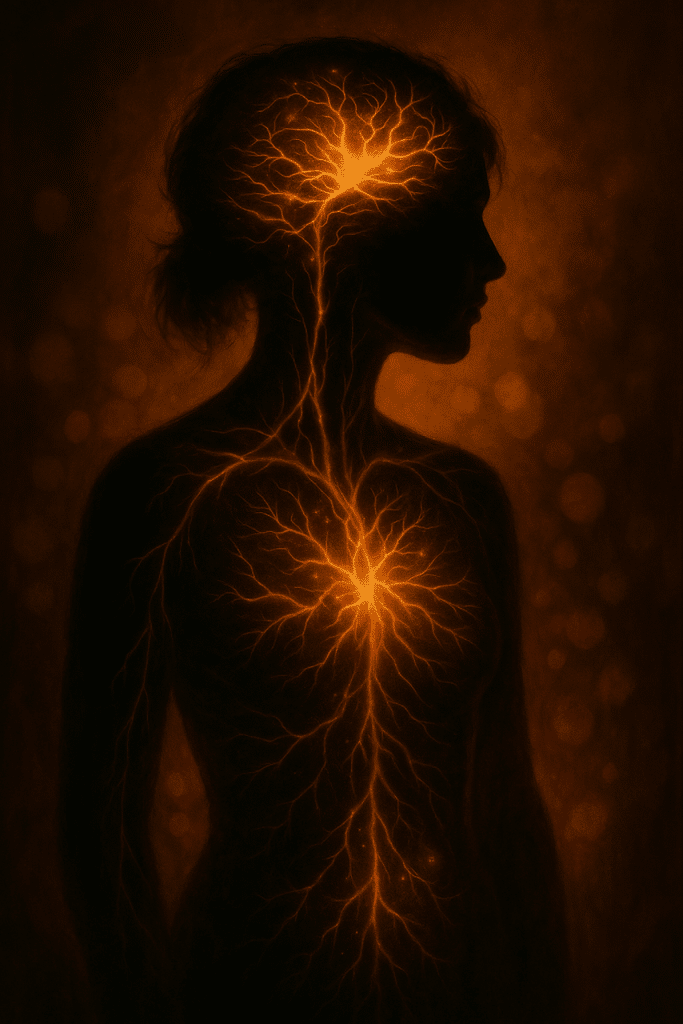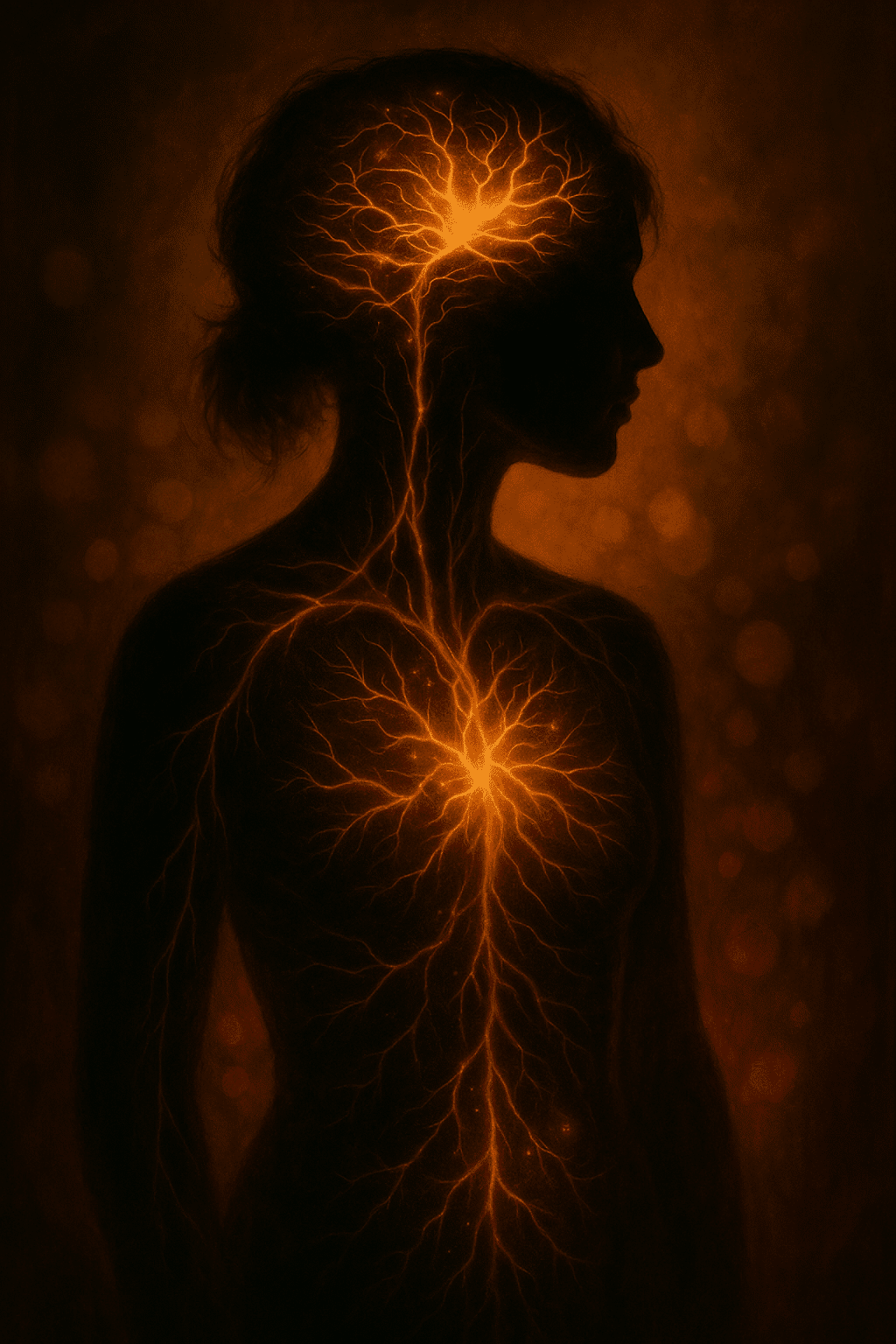Signs of Nervous System Dysregulation: Christian Guide
Estimated reading time: 5 minutes
Feeling wired, weary, or strangely numb even during prayer? These experiences often point to signs of nervous system dysregulation. Your autonomic system should glide between action and rest, yet chronic stress, trauma, or lifestyle imbalance can jam those gears. Believers sometimes blame themselves for “weak faith,” though physiology is frequently the louder culprit.
A dysregulated system floods muscles with tension, scrambles digestion, and hijacks thoughts with relentless what‑ifs. It also muffles awareness of God’s nearness, making worship feel hollow. Thankfully, Scripture and science converge on practical pathways toward calm. Jesus invites the weary to find rest in Him, and recent research confirms that rest‑based rhythms, breath prayer, and supportive relationships rebalance neurochemistry. By the end you will know the key signs of nervous system dysregulation and how to correct them.
This article presents root causes, evidence‑backed solutions, helpful products, and next steps. Use it to audit habits, apply small changes, and share hope with others who battle the same storm. By God’s grace you can shift from survival mode to steady joy and serve from overflow instead of depletion.
Causes Behind the Signs of Nervous System Dysregulation
Several pressures can trigger the classic signs of nervous system dysregulation. First, persistent stress keeps cortisol dripping like a leaky tap. Harvard Health Publishing warns that constant cortisol raises blood pressure, alters brain structure, and traps the body in fight‑or‑flight. Second, unresolved trauma sensitises the amygdala so that a simple sound can resurrect a full chemical storm years later.
Third, erratic sleep and heavy caffeine force the sympathetic branch to dominate while the parasympathetic brake barely engages. Nutrient deficits—especially magnesium and omega‑3—rob nerves of the raw materials needed for stable signalling. Finally, isolation deprives believers of co‑regulation. God designed community so that eye contact, song, and gentle touch release oxytocin that calms the vagus nerve. These causes explain why the signs of nervous system dysregulation vary widely from racing heart to total shutdown.

Healing Steps for a Dysregulated Nervous System
1 | Rhythmic Rest
Guard seven to nine nightly hours of sleep and schedule a weekly Sabbath. Consistent patterns lower baseline cortisol by up to 32 % according to recent Sleep research. For practical tips read our cornerstone article God‑Designed Rest.
2 | Breath Prayer
Try an “inhale four, exhale six” rhythm while whispering Scripture. The University of Minnesota notes that prayerful breathing lowers blood pressure and cortisol. Pair each exhale with Psalm 23 or Philippians 4 for a double dose of calm.
3 | Gentle Movement
Walk outdoors, swim, or stretch slowly. Movement signals safety without spiking adrenaline. Sun exposure within ten minutes of waking boosts serotonin, setting you up for restorative melatonin release at night.
4 | Renewed Mind
Journal fears, then write God’s promises beside them. Replace late‑night scrolling with our mind‑renewal guide. Gratitude pauses and digital sunsets teach the brain to expect safety instead of threat.
Product Recommendations For Signs Of Nervous System Dysregulation
Appropriate tools accelerate healing when paired with spiritual practices. Book – “The Body Keeps the Score” by Dr. Bessel van der Kolk explains trauma’s imprint on the nervous system; purchase it on Amazon. Wearable – HeartMath Inner Balance clips to your ear and guides paced breathing through real‑time HRV feedback.
Supplement – Doctor’s Best Magnesium Glycinate supports muscle relaxation; seek medical advice before use. App – Dwell Bible streams Scripture with soothing music, ideal for bedtime listening. We also love Lectio 365 for guided reflection; download it from the App Store. Each resource directly supports your fight against the signs of nervous system dysregulation.
Explore additional tools in our cornerstone guides: Breath Prayer for Busy Souls and Christian Anxiety Resources.

Conclusion – Step Into Peace
Recognising the signs of nervous system dysregulation is not a verdict on your spirituality; it is an invitation to partner with God in holistic healing. Christ redeems the whole person, so pursue rest, nourishing food, movement, and community with bold confidence.
Monitor cues this week. If your heart races, breathe and pray. If your shoulders ache, stretch while reciting Psalm 23. Celebrate small victories; they weave a new normal where peace headlines your day. Moreover, a regulated believer can listen longer, empathise deeper, and proclaim hope louder—tending the nervous system is missional work.
Schedule one concrete action now: perhaps book counselling, plan a technology‑free Sabbath hike, or order a magnesium supplement after consulting your doctor. Continually watch for the subtle signs of nervous system dysregulation so you can respond early.
“Now may the Lord of peace Himself give you peace at all times in every way.” When physiology cooperates with faith, that promise becomes gloriously tangible.







